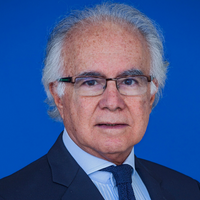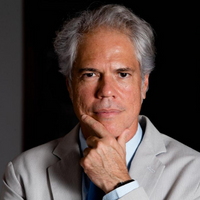Venezuela, which already enjoyed periods of democratically elected governments in the second half of the 20th century, became an authoritarian regime with the elections of Hugo Chávez and Nicholas Maduro. What are the political, institutional and economic determinants of this democratic retreat? In his new book, “Autocracy Rising: How Venezuela Transitioned to Authoritarianism”, Javier Corrales develops a comparative analysis of what happened in Venezuela in relation to twenty other cases in Latin America. To what extent can Venezuela's autocratic trajectory contaminate other Latin American countries? These are some of the questions we intend to discuss at the joint event promoted by CEBRI's Democracy Center and the Fernando Henrique Cardoso Foundation.




